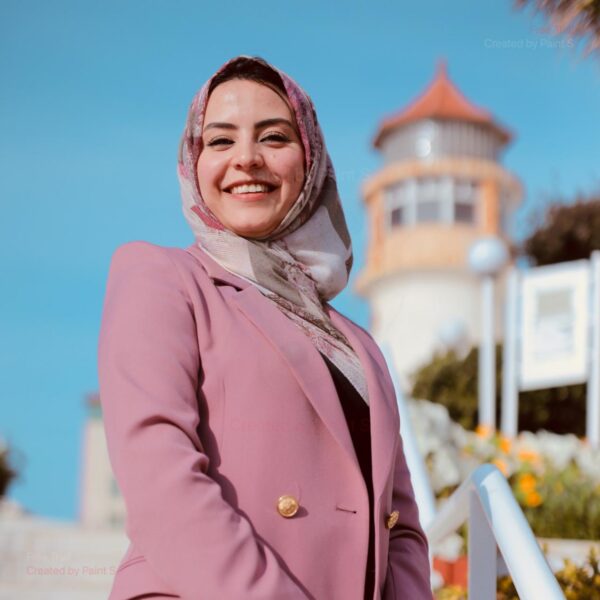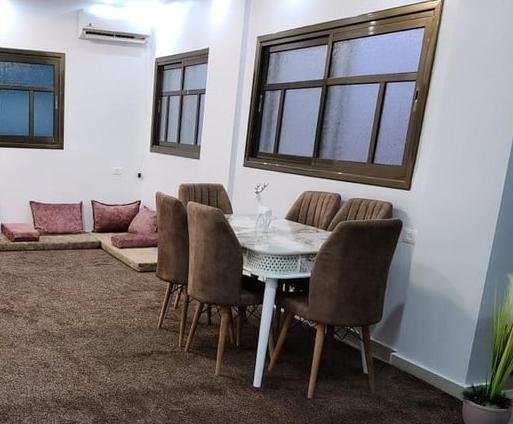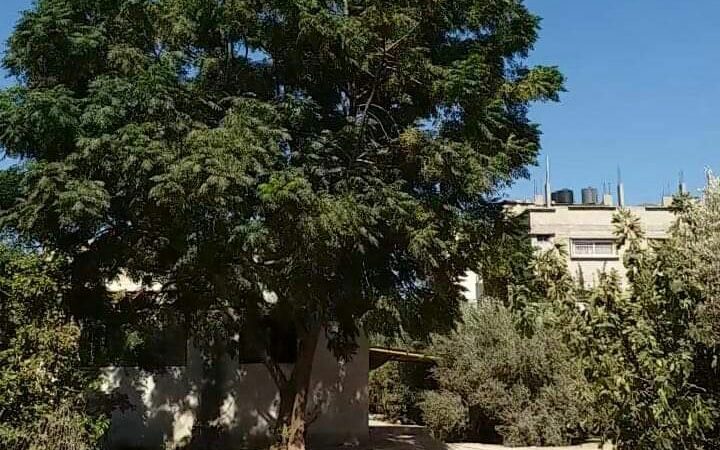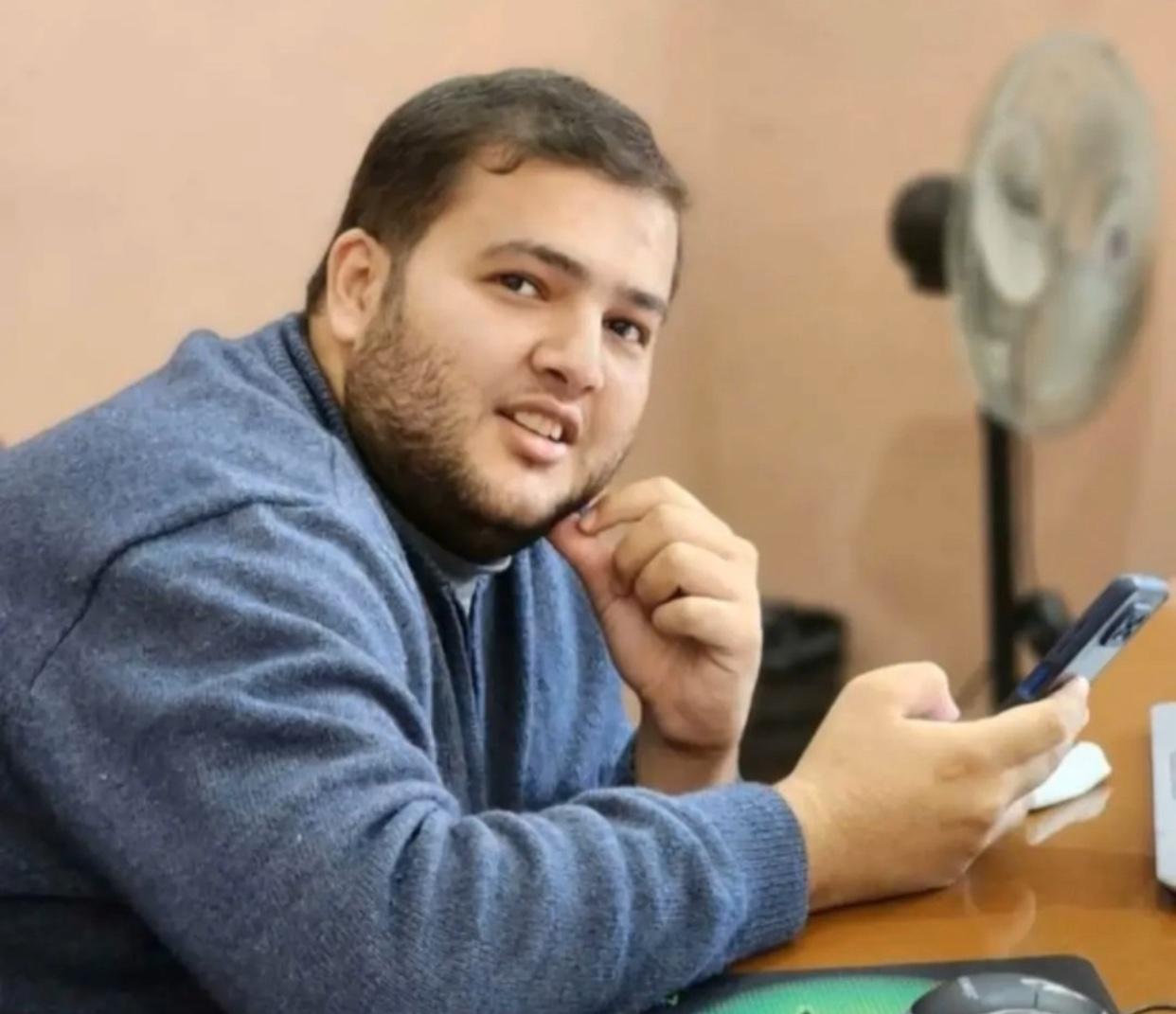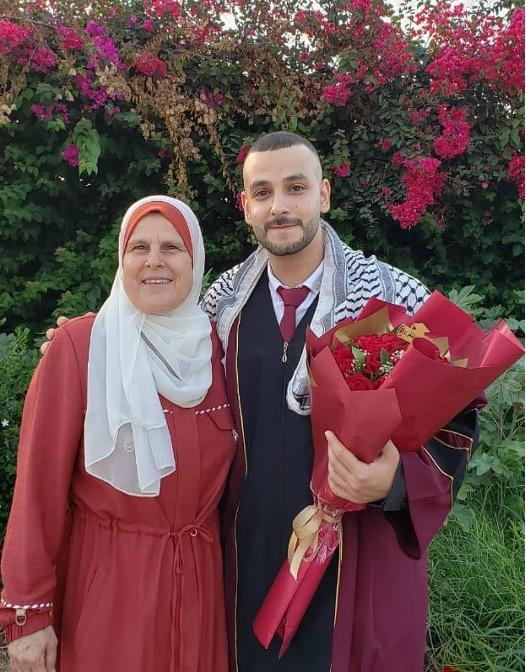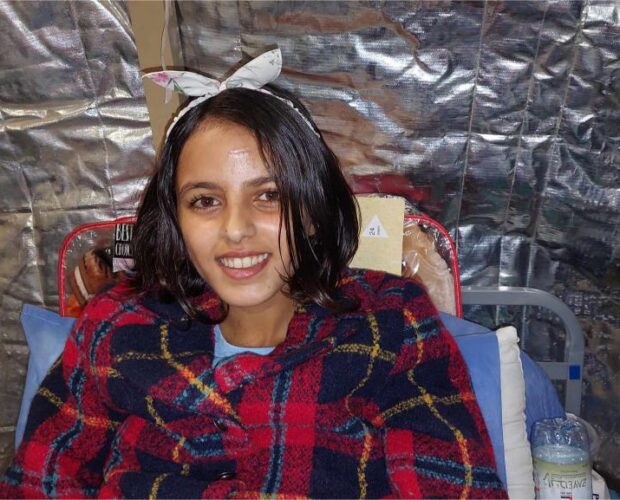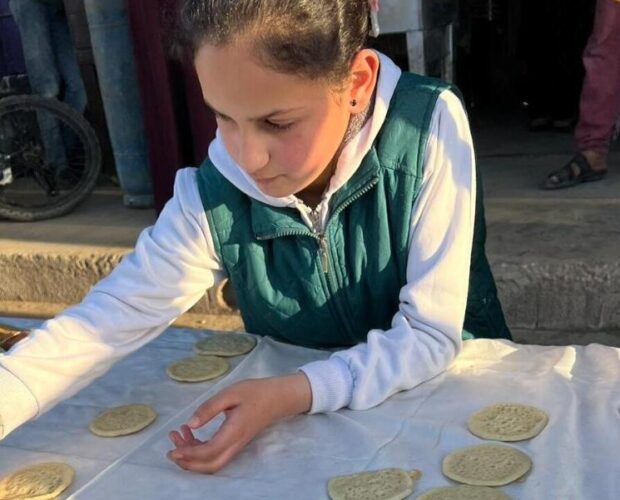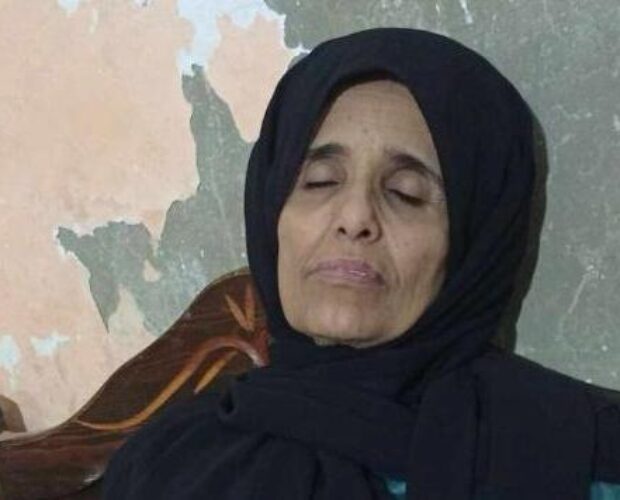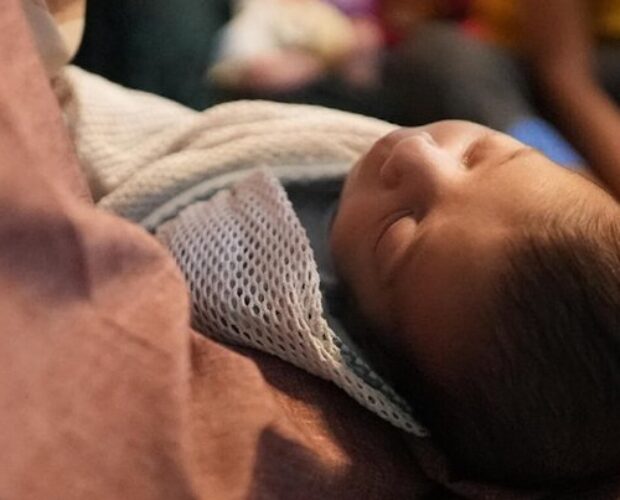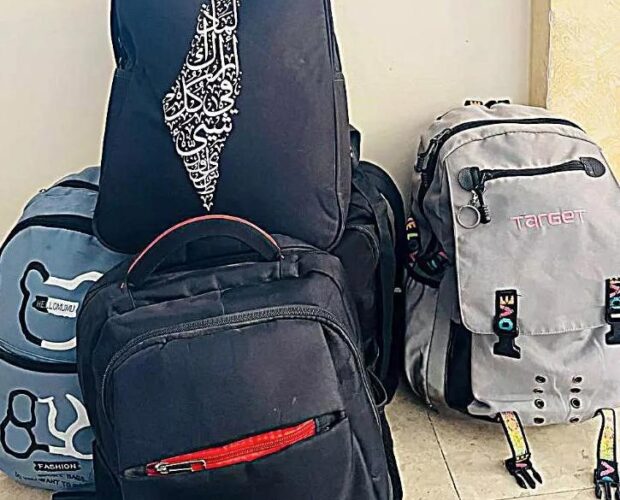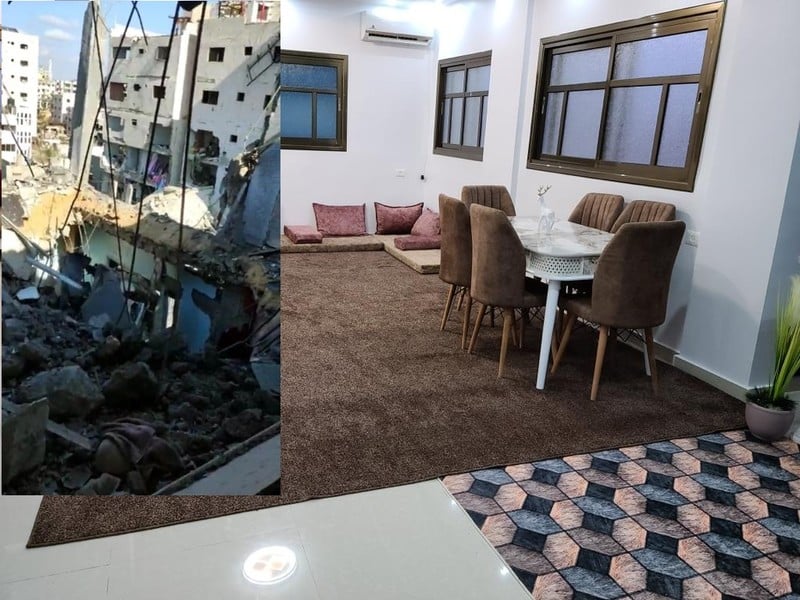
On 7 October, I woke up to 330 messages on my WhatsApp.
The first message read: “May she rest in peace.”
I knew something ominous had happened. As I delved into the messages, the weight of bad news settled in, even here in the UK where I am.
Lost in the sea of notifications, I hastily jumped out of bed, scrolling through the tweets of those I trust.
Amid the unfolding news, my mind slipped into denial; a fragment of me desperately clung to the hope that this was just a nightmare, a fleeting ordeal from which I would awaken, shake my head, and resume my routine.
Sadly, reality proved otherwise.
Immediately, I video-called my mom in Gaza. Her face was drained of color, her voice was broken, and her eyes were red, fighting tears. She struggled to articulate her emotions.
“I’m afraid,” was all she could say, “that what happened in 2021 will happen again.”
During the harrowing May 2021 assault in Gaza, the southern enclave of Gaza City, where my parents reside, bore the brunt of relentless attacks. On 11 May that year, two bombardments struck our home – one at the main gate and another at the northern part of the house.
Windows splintered, doors were violently wrenched from their hinges, and flames engulfed the surroundings.
Trapped inside, torn between the impossibility of staying and the peril of leaving, we faced an agonizing dilemma. In Gaza, where bunkers, shelters or even basements are nonexistent, seeking refuge became a desperate wish.
Luckily, the civil defense team arrived within 15 minutes, and the fire was extinguished.
These haunting flashbacks resurface inevitably amid the ongoing tragedy in Gaza. I tried my best to comfort my mom.
During our call, she hurriedly opened the windows to shield them from shattering under the relentless bombardment, gathered our most crucial documents, and requested that my dad buy canned food.
No signal
I endeavored to stay connected with her until the Israeli occupation forces targeted the sole telecommunication company in Gaza on 27 October. From then on, the infamous “No Signal” or “Sorry, the number you are trying to dial is not available at this moment” plunged me into an abyss of unbearable anxiety.
On 15 October, a phone call with my mum had been abruptly interrupted by heavy bombardment amid my dad shouting “come down” and “hurry up.” The call was then hung up and I could not reach out to my family again.
Seven hours later, I received a call from my mom. Her voice trembled as she shared the devastating news that the neighbor’s house had been obliterated by an Israeli drone.
With a lump in her throat, she added: “Thirty minutes later, it was completely destroyed, and so was ours. We lost our home.”
Our home was our sanctuary. We had poured our savings into it.
Our home represented 40 years of hard work. We were still paying the mortgage.
This house was a dream for my parents. It was their comfort zone and the place where our friends, neighbors and relatives would gather for lunch on Friday afternoons or for coffee on a Saturday morning listening to Fairouz and eating knafeh.
My favorite times, however, were during the winter evenings when my family used to have a bonfire with the kettle on top of the wood, and those tiny potatoes buried in the glowing embers.
Amid the warmth of the fire, my grandma, cocooned in her cherished velvet blanket, would weave tales of her house and vineyard in al-Jiyya – a Palestinian village that was depopulated and then occupied in 1948, located just 19 kilometers northeast of Gaza. She’d recount her strength, toiling in the field to provide for her family while tending to the house and her children.
Each time she shared these memories, an emotional wave washed over us, as if we were hearing the story anew. Yet, amid the poignant narratives, my grandpa would playfully tease her, saying, “This is why I married you in the first place, a strong, independent woman.”
And we’d laugh.
No home
My grandma, nearing 82, and my grandpa, now 80, both refugees from the 1948 Nakba, now find themselves facing a new Nakba in 2023.
Meanwhile, my 26-year-old sister Noor, who got married two years ago, embarked on the journey of building a home with her husband in al-Karama Square, nestled in the north of the Gaza Strip.
Pouring their hearts and investments into every corner of their flat, they attended to everything from the vibrant strokes of paint to the carefully chosen furniture. We deliberated over the perfect curtain color for her baby boy’s room.
To her, it was more than just a home; she called it a nest, a sanctuary where dreams unfolded and love resided. As the bombardment intensified, she decided to join my family in a flat in Hamad City to the south of the Gaza Strip, as marked “safe” by the Israeli military.
On 17 October, she received a photo of her devastated flat from one of her neighbors who managed to survive in the area. When she called me, her voice was suffocated with despair.
“My nest is gone, and my small family lost everything.”
Their loss extended beyond just their house; her husband’s nearby office was also gone.
On 2 December, they received a call from the Israeli occupation forces, giving them a mere 30 minutes to flee the towers in Hamad City. My sister sought sanctuary with her husband’s family in the Zawayda area, where their two-story house hosts 60 individuals, 30 of whom are children.
My parents sought refuge in my grandma’s flat, now hosting 24 souls, among them 12 children and two elderly people. Yet, even that haven proved temporary after the Israeli bombardment reached houses around them.
They’ve now been pushed to evacuate to a tent in the desolate al-Mawasi area in the south – a barren place devoid of life’s necessities.
My family, alongside other families in the area, grapples with the harsh reality of having no access to essential resources such as food, clean water or sanitation facilities. Each day they navigate unimaginable challenges.
On 17 December, around 9 p.m., my mom told me they had not even had breakfast yet. My sister’s son had been admitted to the hospital due to intestinal catarrh exacerbated by the scarcity of milk and nutrients.
Every call paints a grim picture of the hardships they endure.
This story is co-published with Electronic Intifada.

